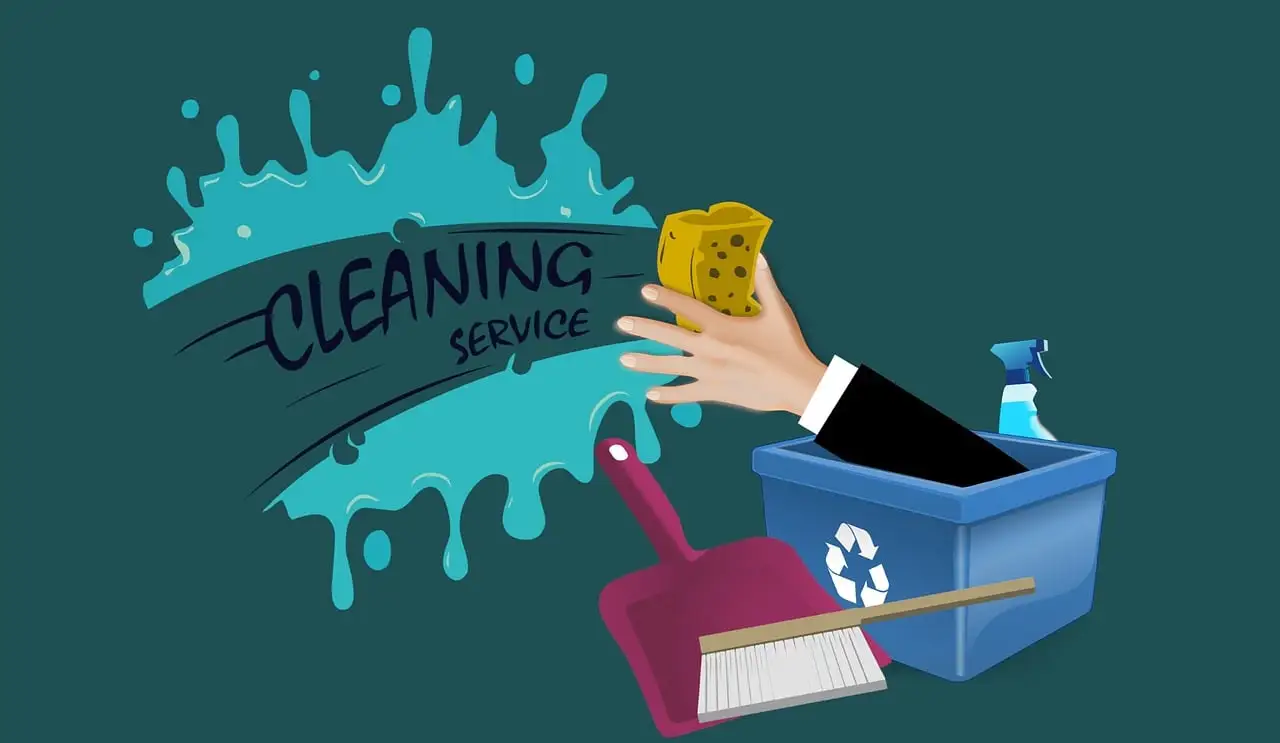Landscaping 101: Turning a Love for the Outdoors into a Professional Career

Is working in a cubicle really the right career path for you? While some people absolutely love being stuck inside all day and staring at a computer screen or answering the phone, for many, this isn’t an ideal lifestyle.
If you love being outside and working with natural elements, landscaping just might be the perfect fit for you. As a landscaper, your scenery is always changing, and you also get to help change the scenery yourself.
Of course, it also helps if you have a love for gardening, a passion for building things, or working with your hands in general. In fact, many people with these traits who’ve given up the 9-5 life have fallen completely in love with the art of landscaping.
If you think you’re ready to leave your cubicle behind and jump headfirst into the world of landscaping, the following guide will get you started on the road to a rewarding career.
Study Your Craft
It’s easy to make a garden in the backyard of your home. But, landscaping involves much more than fencing off a section of your yard and planting flowers. Landscape art incorporates numerous elements and all of these need to come together cohesively in order for a landscape to add beauty to a property.
Perhaps one of the best ways to learn the art of landscaping is to take neighborhood tours. While doing this, you’ll be able to see the elements that go into forming a quality landscape. Select neighborhoods that you know have several homes with elaborate landscapes and take notes as to how the elements you see are tied together.
It’s also a good idea to work on a landscaping crew in order to get a better idea as to how things are built, modified, and set into place. If you’d like to skip this step, you can also study landscaping and home improvement books, or find a willing landscaper who allows you to pick his or her brain.
Gather Your Equipment
As a landscaper, you’ll be using a variety of equipment. This can range from lawnmowers and hedging tools to rebar and zip-ties and everything in between. You’ll need to be able to build planters, form pathways, develop masonry skills, and even incorporate irrigation design into your work.
Truth be told, each job will be different. And, correspondingly, each job will require different tools and skills.
Transportation
Landscaping truly is a versatile art form, and it incorporates several skills that most general contractors develop over a long career. At any rate, you’ll also need proper equipment, and be able to transport equipment and materials to your client’s property.
If you don’t own a work truck or trailer, and you’re serious about getting into the landscaping business, you’ll need to come up with a solution. Otherwise, you’ll never be able to transport the materials that you need to a job site.
For those who don’t own a truck or trailer, don’t worry. You don’t have to save up for years just to buy these on your own. Today, you have the option of renting a work truck for your landscaping business.
Renting a work truck is a great option, as you’ll only need to rent the truck when you have extended projects and need to transport heavy materials or equipment throughout the duration of the job. You won’t have to worry about maintenance or upkeep. Just simply rent the truck, use it, and return it when your contract is complete.
This not only gives you reliable transportation, but it also gives you a professional appearance, a much better alternative than showing up on a client’s property in your dad’s old 85’ Silverado.
Building Relationships
Whether or not you realize it, even as a part-time landscaper, you’re a business owner. And, even if you’re not listed with the Chamber of Commerce or in the White Pages, you still have to represent yourself and hold yourself to a professional standard. Otherwise, nobody is going to want to work with you.
Being a landscaper, like any other profession, requires marketing yourself. And, marketing yourself requires building relationships within the community.
In doing so, you’ll want to form professional relationships with other landscapers, construction workers, plumbers, electricians, gardeners, or any other professional that you come into contact with while out working a job.
You’ll also want to build relationships with your clients, and have them refer you to friends and clients of theirs. So, needless to say, you really need to polish up your people skills in order to build professional relationships in any industry.




